International Day of Older Persons: This day is observed every year to honour and appreciate the elder person or old age person. Whole world celebrates this day to thank, value and respect the elderly in our families, society and nations. It reminds us that elders are a treasure of society. They guide us with their life experiences, wisdom, love and values. This day becomes reminder for us, create awareness about the problem they facing, like loneliness, health issues and neglected specially by today’s generation. The aim of this day reminds us about the important role of older people. They are the store house of wisdom, culture and experience. We should give respect love our elderly.
Table of Contents
History of International Day of Older Persons
The United Nations General Assembly declared 1st October as the International Day of Older Persons in 1990, when the global elderly population was increasing rapidly. (United Nations Website)
The first celebration was held on 1st October 1991. The UN aimed to promote awareness of the contributions and rights of senior citizens. Since then, every year, this day is celebrated across the world with a unique theme focusing on the welfare and empowerment of older people.
Also Read: Water Crisis in Rural India
Theme of International Day of Older Persons 2025
“Older person Driving Local and Global Action: Our Aspiration, our well – Being, our Rights.”
The 2025 theme emphasizes that older people are active contributors to society, not just recipients of care. It promotes their participation in decision-making at local and global levels while ensuring their well-being, rights, and aspirations are respected.
Key Points About the 2025 Theme
- Elderly can guide and influence decision in family, communities, society and worldwide
- There human rights and legal rights are important as other rights.
- we should promote their physical, mental health for their respectful life.
- Older Persons have their individuals dreams and goals that deserves support, respect, and love and rights to achieve.
- Build a relation between young and older person to create a stronger society.
Challenges Faced by the Elderly in Modern Times
Aging is a natural process, and just like children, older persons also depend on others for emotional support, physical care, and security. After crossing a certain age, many elderly individuals begin to behave like children – they seek affection, constant attention, and patience.
Instead of receiving love, many are neglected, abandoned, or treated as a burden by their families, society. It is a harsh reality that raises that, why do we neglect our parents and grandparents when they once gave us everything during our childhood?
No Difference between a child and an older person
When a child is born, families provide unconditional love, care, and protection. The same tenderness is needed by older persons in their final years. Both children and elderly people:
- Require attention and emotional support
- Need help with daily activities.
- Feel happy when they receive time, patience, and love from family.
- Depend on others for food, health, and safety.
Yet, while children are seen as blessings, senior citizens are often unfairly labelled as burdens.
Also Read: WHO Global Nutrition Targets 2025
International Day of Older Persons – The Problem of Shelter and Security
In many families, older persons and denied a safe home environment. Some are sent to old age homes, NGOs, or community shelters because they are seen as “extra responsibility”. While these may provide basic facilities, they cannot replace the warmth, respect, and emotional security of living with loved ones. Which elderly genuine needs.
Food and Health Negligence
According to the World Health Organization (WHO), maintaining proper nutrition and healthcare is crucial for healthy ageing. Yet, due to financial insecurity and lack of family support, many older people face poor nutrition and inadequate healthcare. Regular check-ups, medicines, and balanced meals are often neglected.
Loneliness and Financial Insecurities
They face loneliness and social separation, as children get busy with their own lives, even they don’t want to spend time with them. Often those who not have pensions or savings are struggling with financial issues, and family treated badly.
Role and responsibility of older persons toward the Younger Generations.
Older person plays an important role in the lives of younger generations. They always provide guidance, share life experiences, teach values, morals, and traditions. Their guidance always proves better for our lives, in times of difficulties and decision-making. They shape the character of the youth. By offering their love, support, and encouragement. Elderly wisdom helps younger people grow and face challenges in caring and responsible manner.
Lessons and Wisdom: What the Elderly Teach the Young
- Provide guidance and advice that helps youngsters solve problems by sharing life experiences.
- Older person always teaches values and pass on traditions, morals, and cultural practices.
- Always gives you blessings, love, care and support during our difficult times. And their happiness or sadness always depends on our emotions and real-time conditions.
- Play a model role as they perform actions, elders teach responsibility, patience in hard times, and discipline.
- The elderly are ready to share their knowledge, skills, and life lessons to family members, society, younger generations, and the world
Older Generations Enrich the Lives of Younger People
- Mentorship and guidance: Their real-life experiences guides youth in education, career choices and personal growth, always helping to decision-making.
- Cultural and Moral Values: Older persons teach traditions, ethics, and social responsibilities. Through stories, rituals, and personal example, from which younger generation understand their heritage and build strong moral character.
- Knowledge and practical skills: The knowledge and skills that our elders have that is not found in books and theories. Older person preparing youth for real world challenges.
- Inspiration and Role Modelling: Their strength, patient, and genuine inspire younger people to adopt similar qualities. Observing their actions teaches lessons not only by listening to words.
Also Read: WHO Mental Health Action Plan to 2030 & Beyond
How Gen Z Interacts with Older Generations
In today’s digital age, the generation gap has widened. Many young people interact with elders only formally, often neglecting genuine emotional connection. While technology has made communication easier, true empathy and patience are fading.
To bridge this gap, Gen Z must practice respect, active listening, and care. Spending quality time with older adults fosters understanding, compassion, and emotional maturity — benefiting both generations.
Our Roles and Responsibilities towards our Older Adults
- Respect their Wishes and Dreams: Value their aspirations and personal choices. Whenever possible, help them achieve goals they wish to purpose, showing that their dreams matter.
- Seek their advice and involvement: Asking older people to make important decisions and seeking their guidance for following it. Their experience and wisdom can provide invaluable insights for your life choices.
- Express gratitude and appreciation: Always be grateful and thank them for their lifelong efforts, sacrifices and contribution. Makes them feel valued for everything they have done for you.
- Foster emotional connection: Building healthy relationships by listening, understanding, and making them feel the importance of their opinion in our lives. A sense of belonging and love is essential for their happiness.
Role of NGOs in Supporting Older Persons
NGOs play a crucial role in improving the lives of senior citizens by:
- Running old-age homes and community shelters for abandoned elders.
- Providing medical care, nutrition, and counselling services.
- Conducting awareness campaigns about elder rights and government schemes.
- Encouraging youth–elder interaction programs to strengthen family and social bonds.
- Advocating for elder-friendly policies at national and local levels. (HelpAge International)
Conclusion
The International Day of Older Persons 2025 highlights the value, wisdom, and contribution of senior citizens in every community. This global observance reminds us to respect, support, and protect the rights of older adults. By encouraging their participation in social and family life, we build stronger and more compassionate societies. Supporting their physical and mental well-being helps create a world where aging is celebrated, not feared. When younger generations learn from the experience of elders, humanity grows wiser. Let us honour our elders every day with care, gratitude, and dignity to ensure they live healthy and happy lives.
Frequently Asked Questions
What is meaning of international Day of Older Person?
1st October, International Day of Older Person. This day reminds us the value of elderly people. It represents the contribution of elders in families, society and nations. This date also reminds us to respect, love, honour and appreciate elderly people and raises awareness about the challenges they face such as loneliness, health issues, neglect, encourages people to support their right, well-being, and dreams.
What is the message of International Day of Older Persons 2025?
The 2025 theme is Older Persons Driving Local and Global Action: their aspiration, Well-Being and their Rights. The motive of this day is that older people are active contributors to families and society, not just seeking for care. It encourages them to participate in local and global decision-making while promoting their rights, well-being, and personal aspirations.
What are the common challenges faced by older persons today?
Older persons face several challenges such as neglect and loneliness – Many elders are suffering from lack of attention from families and society, health and nutrition issues – lack of nutrition, even not getting one time meal, financial insecurity, lack of emotional support.
How do elderly persons can contribute to younger generations?
Elderly people help younger generation by sharing experiences from past, teaching moral values, about tradition and culture, offering emotional support. Their decisions making knowledge helps youth generation in making better decisions, in facing challenges, developing patience, discipline and confidence.
Why it is important to remove the generational gap between elderly and younger ones?
A healthy relationship between older peoples and younger people develops a caring and supportive society. It reduces loneliness for elders, foster emotional maturity in younger generation, and ensure that valuable cultured knowledge, traditions, and life responsibility are passed on. Healthy connection makes them feel respected, loved, and valued, and improving their all over well-being.
How can youth support and respect elder people?
By spending quality time and showing genuine care. Youth have to respect their wishes, personal choices, and fulfil dream. while making decisions you can involve them for their guidance. For fostering strong emotional connection younger people can take care about the health, safety, emotional well-being of elderly people.

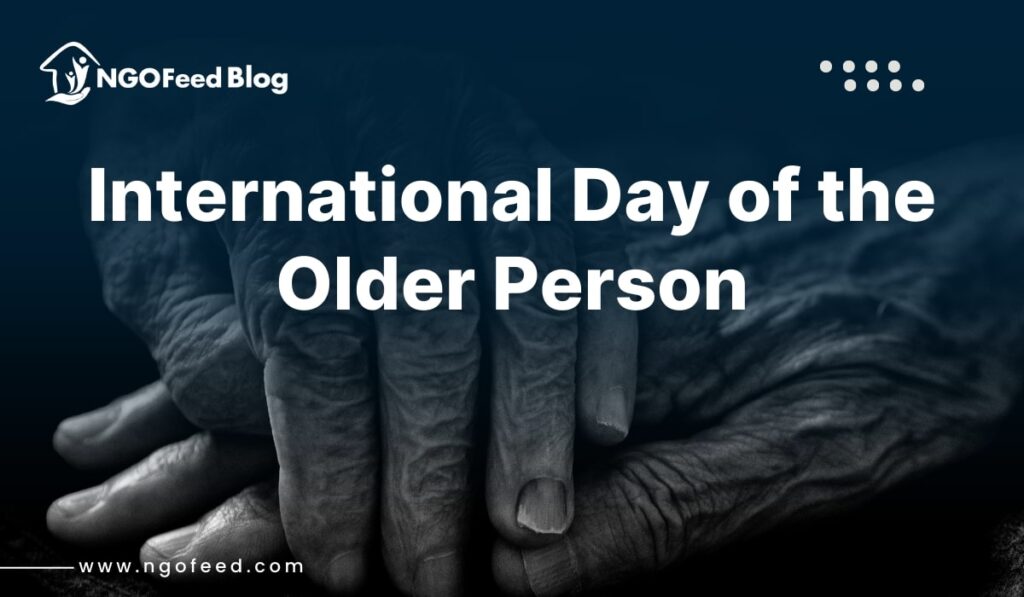

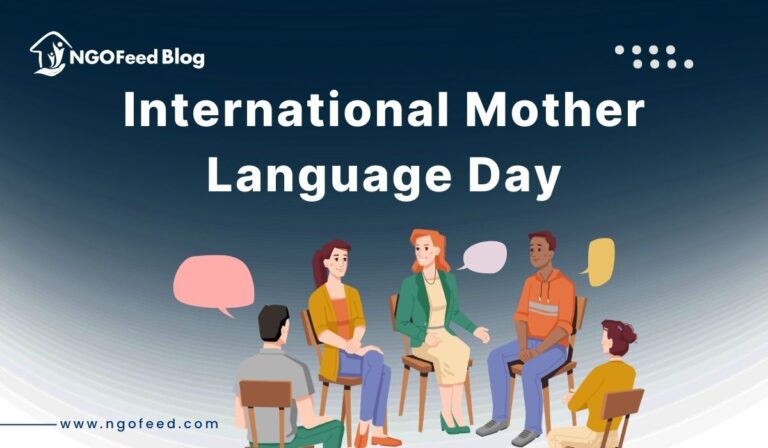
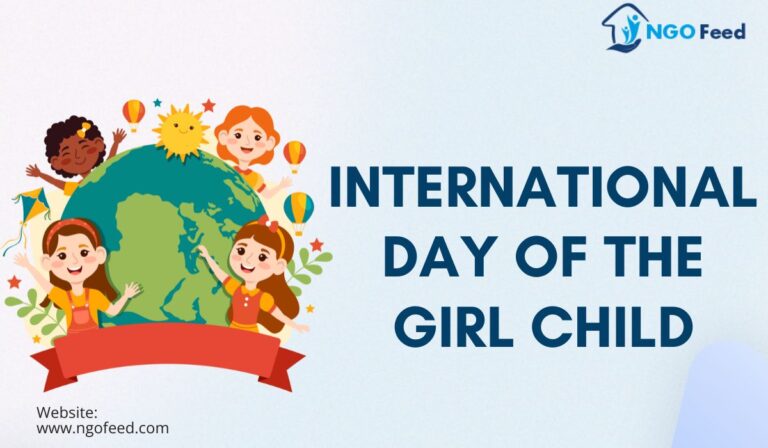
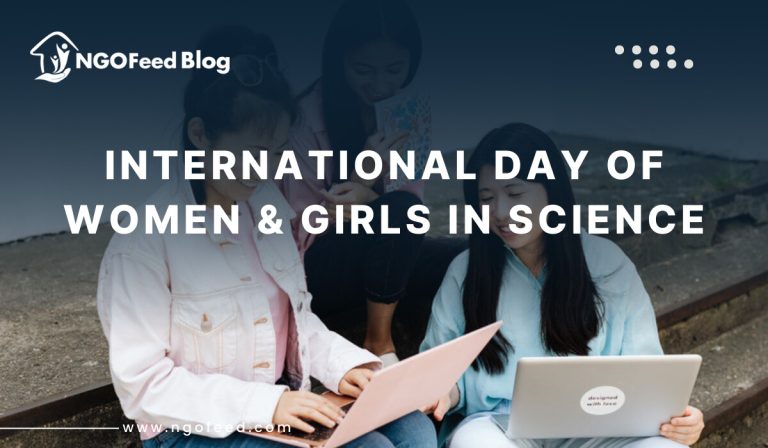
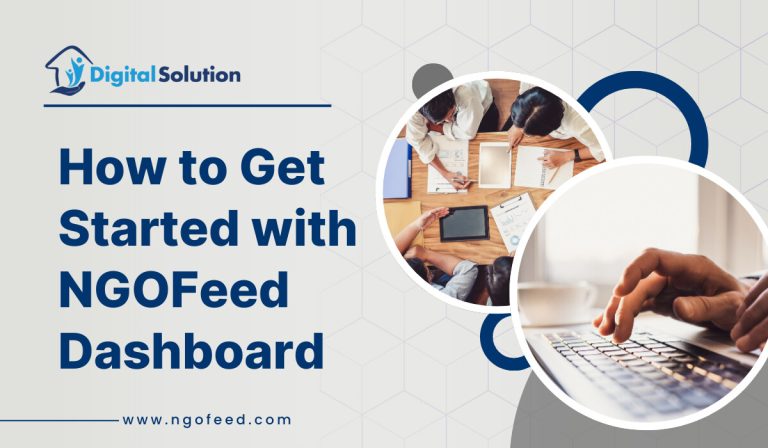
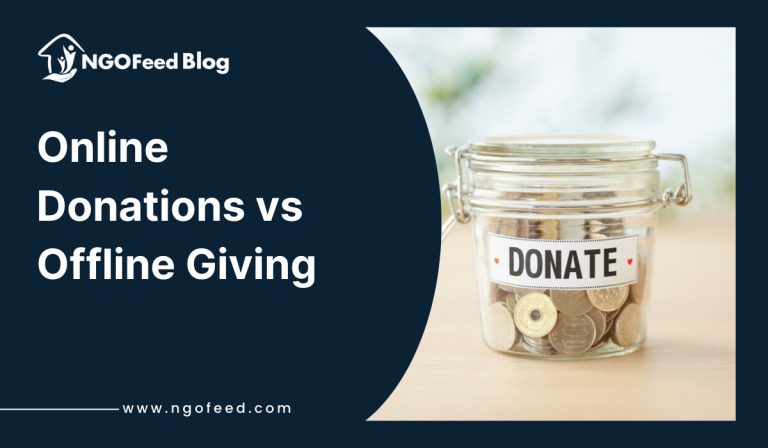
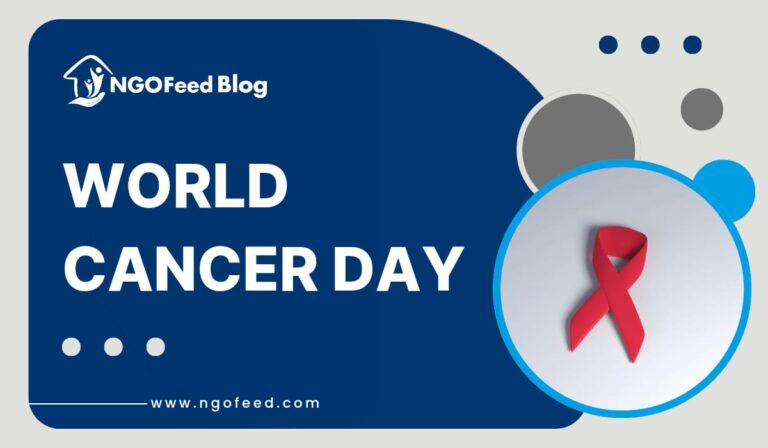
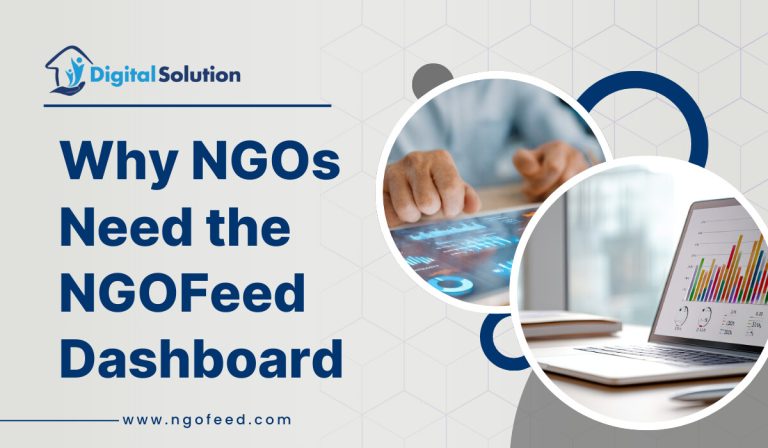
While I was reading the blog……. I really liked it. This blog create a value and education specially for to day’s generation…. 👍
Thanks for your valuable comment
Nice blog and very precisely written
Thanks for your valuable comment